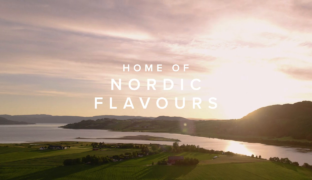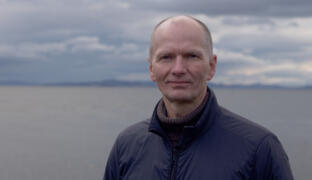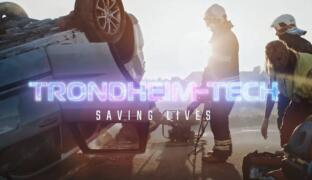Powel AI | Combatting bad weather with Artificial Intelligence
Trondheim-based company Powel is developing artificial intelligence to outperform even the human brain. In a world of ever-more extreme weather, the idea is to extract energy from the sun, water and wind. Paradoxically, the tougher the climate, the harder it is to use the renewable energy that will help prevent dangerous climate change.

Torrential rain, frequent floods and violent storms are a threat to reservoirs, solar power plants and wind turbines. Our society is becoming increasingly vulnerable to power outages. Without energy, the modern world stops.
Powel’s AI forecasts for areas such as reservoir inflows are so accurate that we can predict what will happen and can take necessary precautions. At the same time, these almost clairvoyant warnings will facilitate more efficient production of energy from the sun, wind and rain, thereby improving the competitiveness of environmentally friendly energy sources over coal, oil and gas.

Powel’s algorithms are so smart that they teach themselves. The level of accuracy is constantly improving. The aim is to boost the use of clean, renewable energy in an ever-warmer world. Artificial intelligence involves much more than robots replacing humans. Boris Tistan of Powel AI (Artificial Intelligence) explains how and why in two minutes. Take a look!
 Tilbake til forsiden
Tilbake til forsiden


